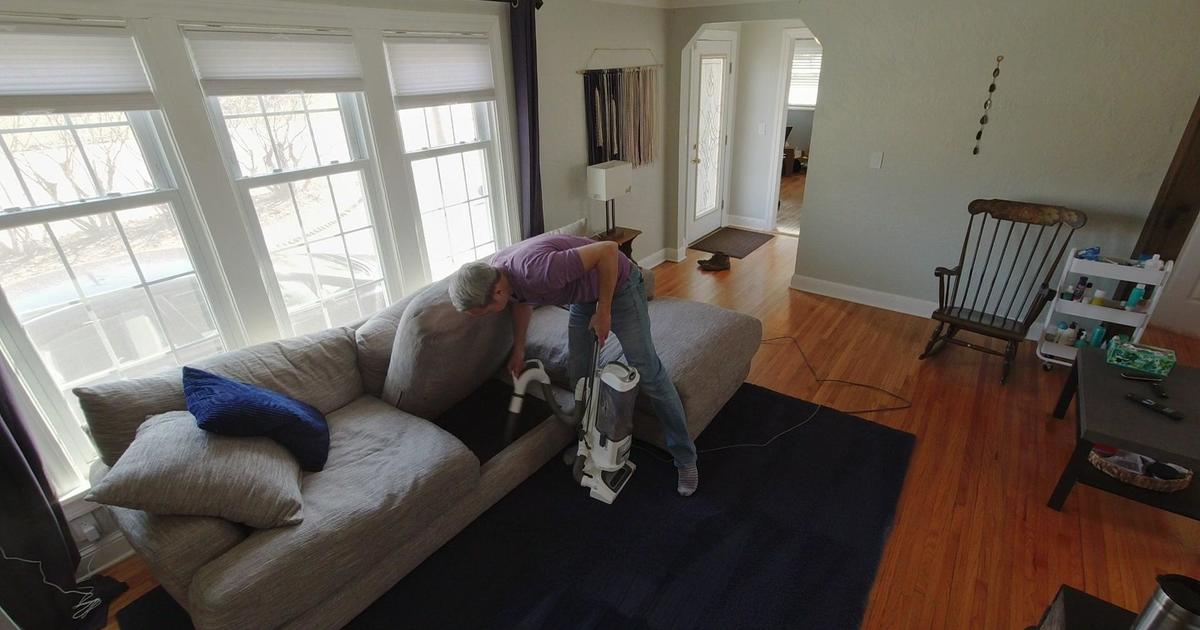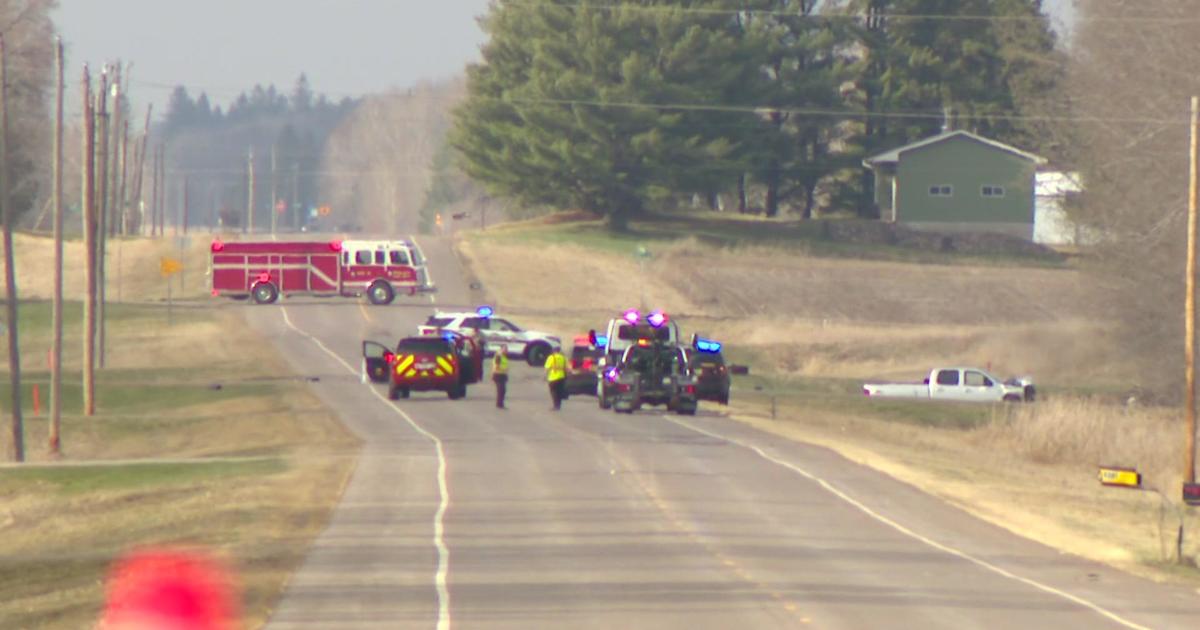Good Question: What Does It Mean To Plead The Fifth?
MINNEAPOLIS (WCCO) -- Former national security adviser Michael Flynn says he will not hand over documents to U.S. Senators investigating Russia's interference in the presidential election. In a letter to the Senate intelligence committee Monday, Flynn's lawyers said he was invoking his Fifth Amendment right due to, "escalating public frenzy against him."
He's hardly the first person to use his constitutional right against incriminating himself. So, what does it mean to plead the Fifth? Good Question.
The Fifth Amendment states no person "shall be compelled in any criminal case to be a witness against himself." It can happen in court or in front of Congress. People accused of committing crimes passively invoke their Fifth Amendment right when they choose not to testify in their own criminal trial.
"That means that you can't be put on the stand and made to talk about what you did in a way to that's going to lead to your own conviction or some kind of punishment," says Mark Osler, a former federal prosecutor and professor of criminal law at the University of St. Thomas.
He says people who plead the Fifth will often later testify after they are given full or partial immunity in a criminal case. Otherwise, it's difficult to require someone to testify.
According to Osler, the Fifth Amendment does not cover civil cases or give protection to corporations. Often, though, people will argue the civil cases are tied up in criminal ones. The merits of that argument are often later decided upon by a judge.
"In front of the Senate, it's a little more complicated," says Osler.
The House or Senate can vote to hold a person in contempt of Congress. In 2014, IRS official Lois Lerner was held in contempt when she invoked the Fifth Amendment during her testimony. The Justice Department later declined to prosecute the case.
At the time, Lerner said in defense of her decision, "One of the basic functions of the Fifth Amendment is to protect innocent individuals and that is the protection I'm invoking today."
Osler says the Fifth Amendment is to protect the innocent and the guilty.
"I've been around enough defense attorneys that they would be horrified to hear that it's only to protect the innocent," Osler says. "In fact, it's often the guilty who are putting the government through its paces to have to prove everything beyond a reasonable doubt."



